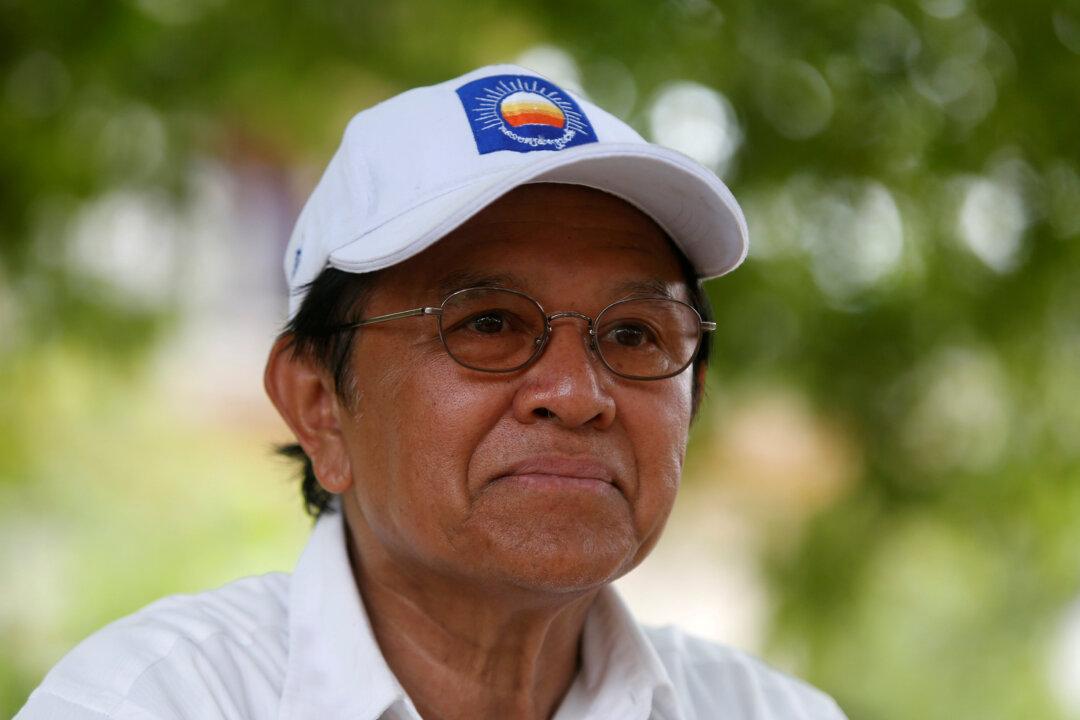A Cambodian court on Wednesday resumes a treason trial against former opposition leader Kem Sokha, who was accused of plotting with the United States to topple the government, two years after the trial was delayed due to the coronavirus pandemic.
Kem Sokha, a former leader of the now-outlawed Cambodia National Rescue Party, was arrested in 2017 over an alleged conspiracy with the United States to overthrow the government of Prime Minister Hun Sen, who has been in power for nearly four decades.





